In Spike Lee’s latest project, Da 5 Bloods, the prevalent overarching themes of PTSD and harmful masculinity are interwoven very closely. The award-nominated Netflix original—directed, produced, and co-written by Lee—stars a sturdy cast of Black male actors, including Isiah Whitlock Jr., Jonathan Majors, Delroy Lindo, and the late Chadwick Boseman. It follows the four remaining “Bloods”—a group of tight-knit war veterans from the 1st Infantry Division of the US Army—and their quest back to Vietnam to gather both hidden gold and the remains of their fallen comrade, “Stormin’ Norman,” played by Boseman.
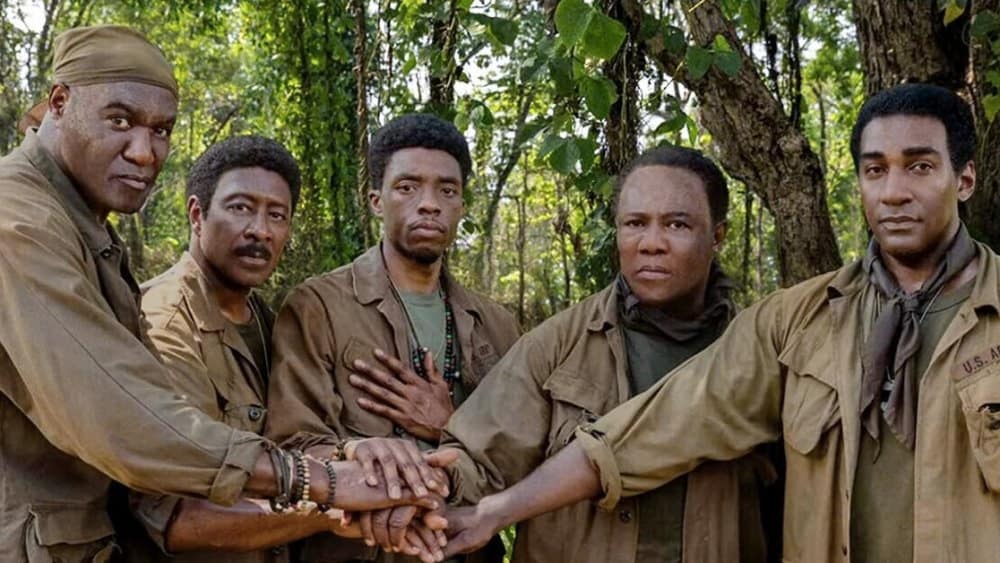 Throughout the movie, the audience gathers that Norman died during their first trip to Vietnam, but it is clear that there are factors surrounding his death that the entire group may not be privy to. Past events are shown through a series of flashbacks from the point of view of Paul (Lindo) to the day Norm died. It is clear that Paul has the least understanding of his trauma, as he tells his friends that Norm appears in his dreams. There is a scene where a disabled Vietnamese local approaches the group to ask for spare change, and later a man tries to barter his chickens—both result in an aggressive response from Paul, though what he really feels is discomfort, undoubtedly a response to trauma.
Throughout the movie, the audience gathers that Norman died during their first trip to Vietnam, but it is clear that there are factors surrounding his death that the entire group may not be privy to. Past events are shown through a series of flashbacks from the point of view of Paul (Lindo) to the day Norm died. It is clear that Paul has the least understanding of his trauma, as he tells his friends that Norm appears in his dreams. There is a scene where a disabled Vietnamese local approaches the group to ask for spare change, and later a man tries to barter his chickens—both result in an aggressive response from Paul, though what he really feels is discomfort, undoubtedly a response to trauma.
Lee is known for portraying Black life in a raw and tangible way within his work. While Da 5 Bloods has a touch of movie magic added, it does a brilliant job of forcing the conversation to the forefront. In each of the flashback scenes, the men appear as their present-day 60-something-year-old selves, rather than the young men they should have been. This was an intentional choice on the director’s part, as he wanted to show the lack of separation the men had from the past. The other characters—Otis, Eddie, and Melvin—all acknowledge their run-ins with PTSD. Meanwhile, Paul’s reluctance to accept his PTSD is postured as a connection to his shame around the truth of Norman’s death. For the decades that have passed since they left Vietnam the first time, he’s blamed himself for Norman’s death, even though it was an accident. This plotline is important to Paul’s character arc, but it also does a great job of highlighting the ways in which our conversations about the effects of trauma within our Black masculine communities are severely lacking.
Despite the varied efforts and initiatives around mental health for POC, there is still a very real stigma surrounding both admitting the need for and obtaining the necessary resources for mental wellness. This hesitancy is exacerbated for men, especially men of color, and the lack of accessibility does nothing but punch those numbers up. The definition of harmful or toxic masculinity includes the acceptance of hostile or violent behaviors, in addition to foregoing necessary functions like sleep for the sake of appearing masculine.
Paul’s refusal to call his experiences “trauma” within the film is not uncommon, as only about 43 percent of folks with mental-health conditions receive treatment.
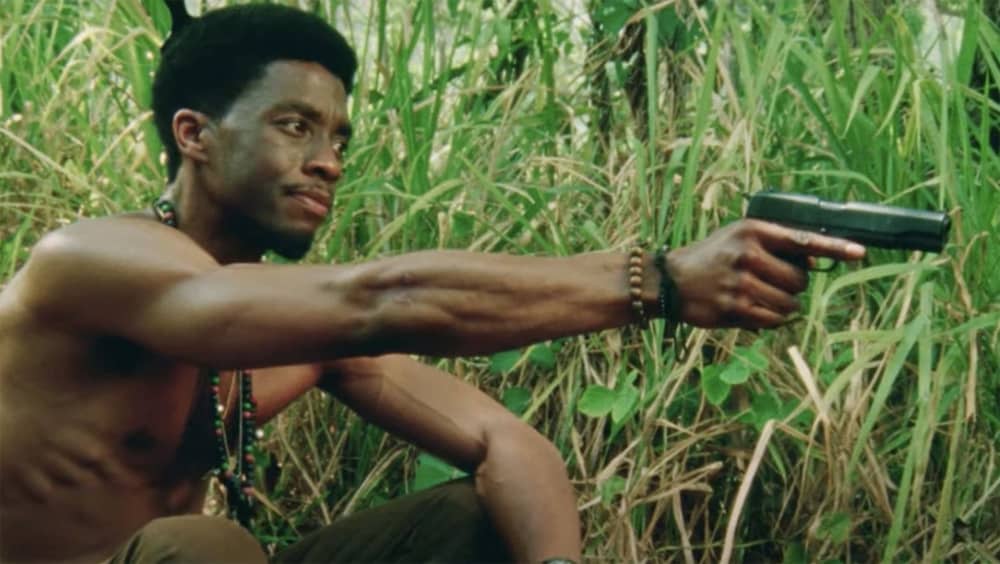 Another disheartening but connected layer to this conversation is that Boseman was battling the latter stages of colon cancer during the filming of this movie. The actor’s passing was startling, having a massive effect on many, particularly the Black community and Howard University alums. Boseman kept his illness a secret from everyone who was not close family, even from those he was close to, like his Black Panther castmate Lupita Nyong’o and director Ryan Coogler.
Another disheartening but connected layer to this conversation is that Boseman was battling the latter stages of colon cancer during the filming of this movie. The actor’s passing was startling, having a massive effect on many, particularly the Black community and Howard University alums. Boseman kept his illness a secret from everyone who was not close family, even from those he was close to, like his Black Panther castmate Lupita Nyong’o and director Ryan Coogler.
There are many questions surrounding why he would keep this serious illness so tightly under wraps and continue to work long hours and meet the health expectations that Hollywood places on actors. Some hypothesize that Boseman wanted his fans and colleagues to focus on his artistry rather than his illness. Some say that he likely did not want to receive the pity that would inevitably come, or be forced to sit out of roles he wanted to take on.
An additional perspective is that his decision was a combination of the above, but alongside the refusal to be categorized as weak. Studies suggest that men and masculine folks categorize prioritizing wellness as a poor reflection on their strength or masculinity. So while Boseman did not exemplify the more dangerous parts of harmful masculinity to others through violence or misogyny, it is possible that he opted to put his body under strain and accept the ridicule from the general public when he began to lose significant weight, all in an effort to maintain a particular appearance.
Paul, the comrade to the late Boseman’s character Norman, struggles in a different way, but mirrors the actor’s real life when it came to the choice to share their struggles very selectively. Studies suggest that there is a tangible link between adherence to toxic masculinity and both mental and physical health.
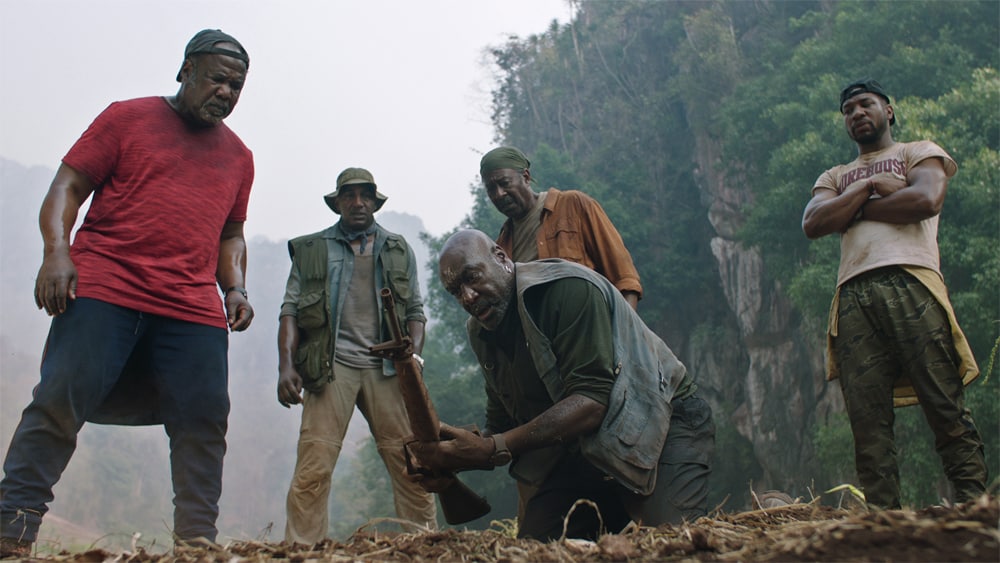 Lee shows the progressive lack of healthy decision making as a reflexive response. When Otis, another of the 5 Bloods, is given a pistol as a gift for protection, Paul immediately sees this as a weapon and a threat to the team, rather than a potential tool. We see him hurling racial slurs at different Vietnamese men that the group passes. Later, he divests from the group to finish the journey alone, due solely to paranoia. Eventually, Paul’s trauma and guilt result in his connection to reality breaking down, with tragic consequences.
Lee shows the progressive lack of healthy decision making as a reflexive response. When Otis, another of the 5 Bloods, is given a pistol as a gift for protection, Paul immediately sees this as a weapon and a threat to the team, rather than a potential tool. We see him hurling racial slurs at different Vietnamese men that the group passes. Later, he divests from the group to finish the journey alone, due solely to paranoia. Eventually, Paul’s trauma and guilt result in his connection to reality breaking down, with tragic consequences.
Though Lee gave credit to Wallace Terry’s 1984 book Bloods: An Oral History of the Vietnam War by Black Veterans, the film is a fictional tale. However, as with many of Lee’s films, there are heavy societal conversation points borne from the many allusions and symbols throughout. There are efforts that push for the accessibility of mental healthcare and the destigmatization of wellness in general, but we have a lot more work to do, because they need to happen alongside conversations to remove the idea that manhood is connected to how much pain or discomfort you can endure. Art like this film, which presents important conversations about masculinity and mental health, must continue to be funded and engaged if there is to be a real culture shift.


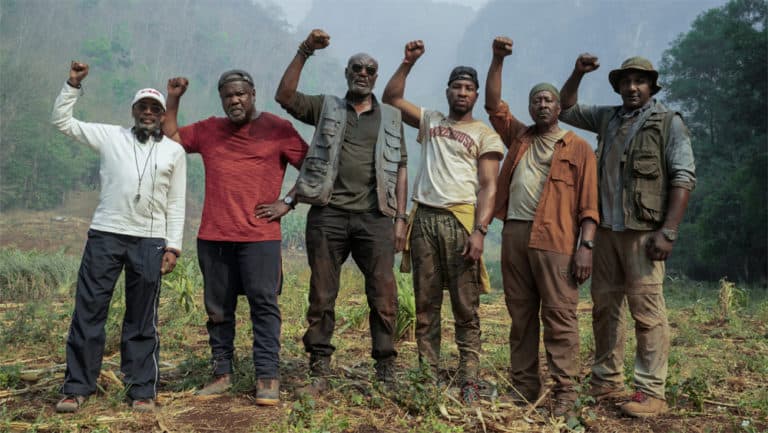
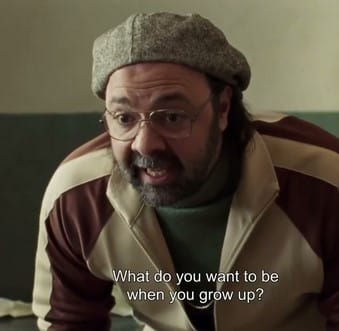

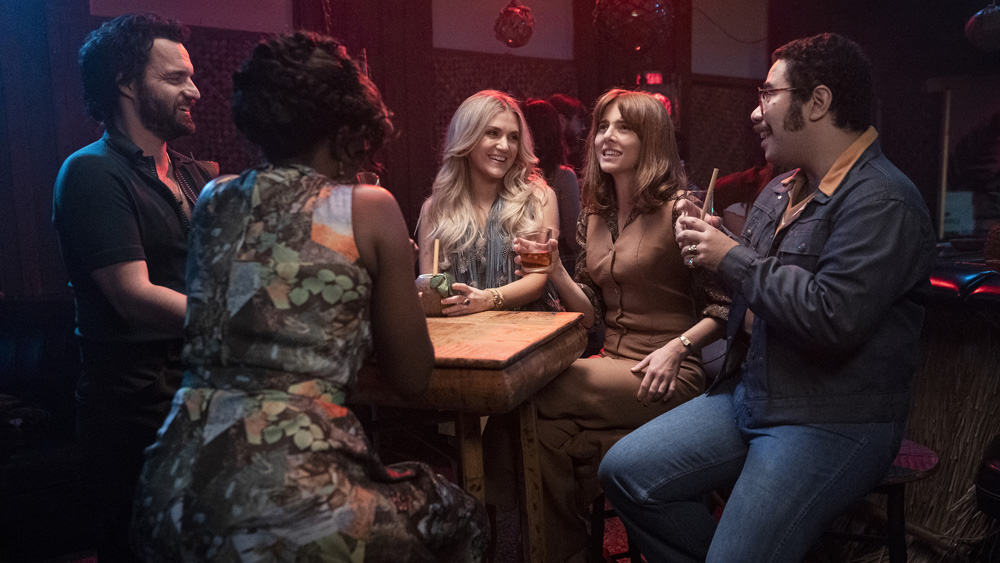
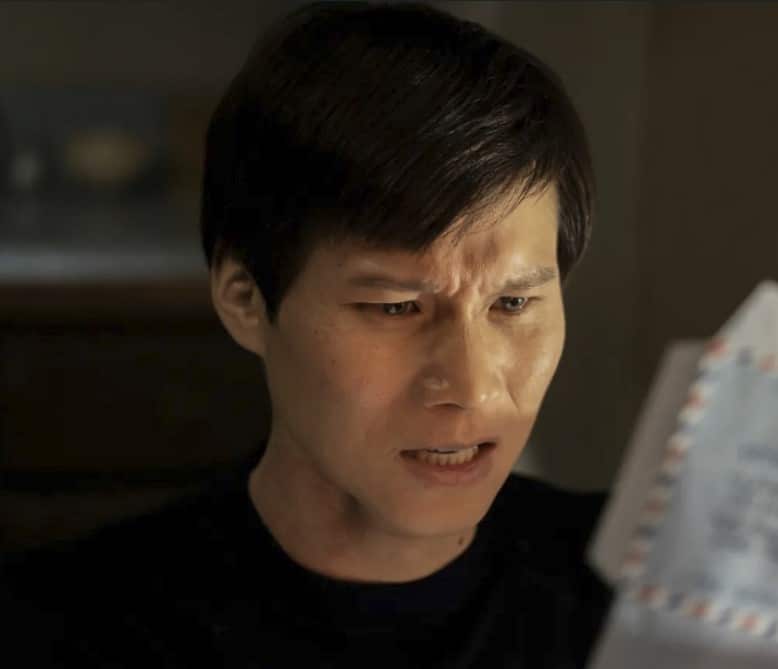
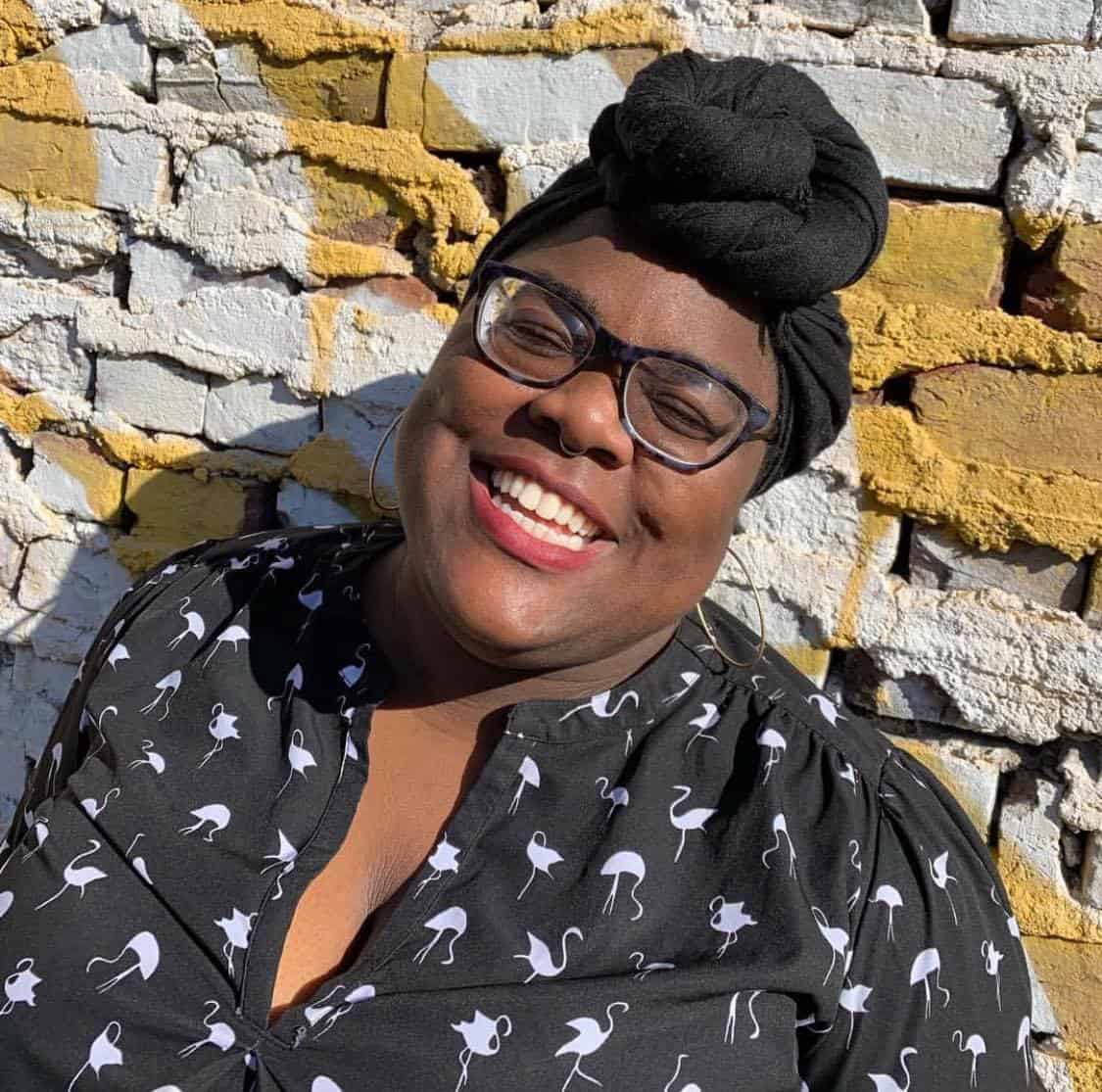

Start a watercooler conversation: